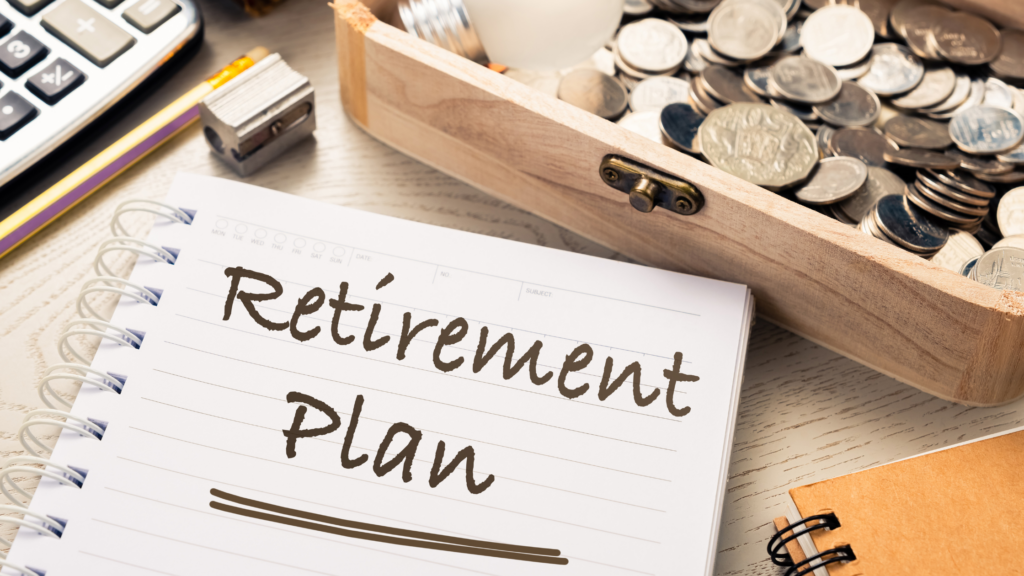By Tokiso TKay Nthebe
As a member of a retirement fund, the responsibility to retire with enough savings lies with you. To achieve the desired retirement savings target, you need to contribute at least 15% of your monthly income and ensure that these contributions are paid to retirement funds and invested timeously. Sadly, many members of retirement funds leave the responsibility to retire with sufficient savings to their employers.
In this article, I discuss how non-payment of retirement contributions by employers to retirement funds can negatively impact your retirement savings, resulting in insufficient money when you reach your golden years.

What are employee benefits?
Employee benefits which include retirement and risk benefits help you as an employee to achieve your financial goals. Retirement benefits are among an employee’s biggest assets because they provide financial security and income post-employment, while risk benefits which include group life assurance (GLA) and disability cover provide additional income should you pass away or get disabled while still in the workforce. As such, it is essential that these assets are safeguarded and invested correctly to ensure that they grow and earn good returns to provide financial security for members when they retire. Employers should therefore remit member’s retirement contributions to the pension or provident funds on time if members are to benefit.
Is your employer paying your retirement contributions timeously?
A trend that is worrying within the retirement fund industry is the non-compliance by employers who deduct retirement contributions on behalf of employees but do not remit these contributions to retirement fund administrators. When these contributions are not paid to retirement funds and invested on time, the financial consequences for members are dire and will result in insufficient savings for retirement. As an employee or member of a retirement fund, it is therefore important to ask relevant questions, hold employers accountable and not leave your retirement planning to chance.

How does this impact you as a member?
Firstly, pension regulations require that employers pay retirement contributions within a prescribed period. Section 13A of South African Pension Fund Act of 1956 or Section 29 (1) of the Lesotho’s Pension Fund Act (PFA) of 2019 for example, require that these contributions are paid to pension fund administrator within seven days from date of them being deducted from members. When these contributions are not paid on time, members are negatively impacted and disadvantaged. Below are a few examples of how members are affected.
- Loss of investment returns (growth): When contributions aren’t invested as quickly as possible, the member loses out on the compounding effect where their money starts earning interest on interest, thus growing.
- The risk of retiring with insufficient capital: When employers consistently deduct retirement contributions but delay to get them invested, members are at the risk of retiring with lower retirement capital because these delays negatively affect the growth of the retirement savings in the long run.
- Lower pension annuity income: Due to reduced or lower capital at retirement because of the delays, members pension annuity will also be negatively impacted. An annuity is the post-retirement income that helps members take care of their daily needs which is purchased with the retirement capital.
- Opportunity cost: When retirement contributions are not invested on time, members may miss the opportunity to gain better returns when financial markets are favourable or experience negative returns when the delayed contributions are eventually invested.
What can members do?
As a member of retirement fund, I encourage you to take control of your finances, including your retirement savings. Below is a list of things you can do to ensure that your retirement savings are not affected.
- Educate yourself, review your financial affairs regularly and ask relevant questions to ensure your retirement assets are protected.
- Regularly check your pension benefit statement to ascertain that contributions are up to date.
- Learn the rules that govern your fund and familiarise yourself with the relevant pension laws and regulations.
- Attend sessions, webinars or seminars hosted by the administrator or fund managements who manage your fund.
- Track your retirement savings regularly and make voluntary contributions if there is a shortfall.
Remember that the responsibility to retire with sufficient capital lies with you. I cannot emphasise how important it is for members to take ownership of their retirement planning and to hold their employers and administrators accountability to ensure that they retire comfortably. For more information, visit your Fund’s administrator to confirm that your contributions are up to date.
